myoclonus end of life
In this procedure doctors attach small. It may be a normal phenomenon as in the so-called sleep.
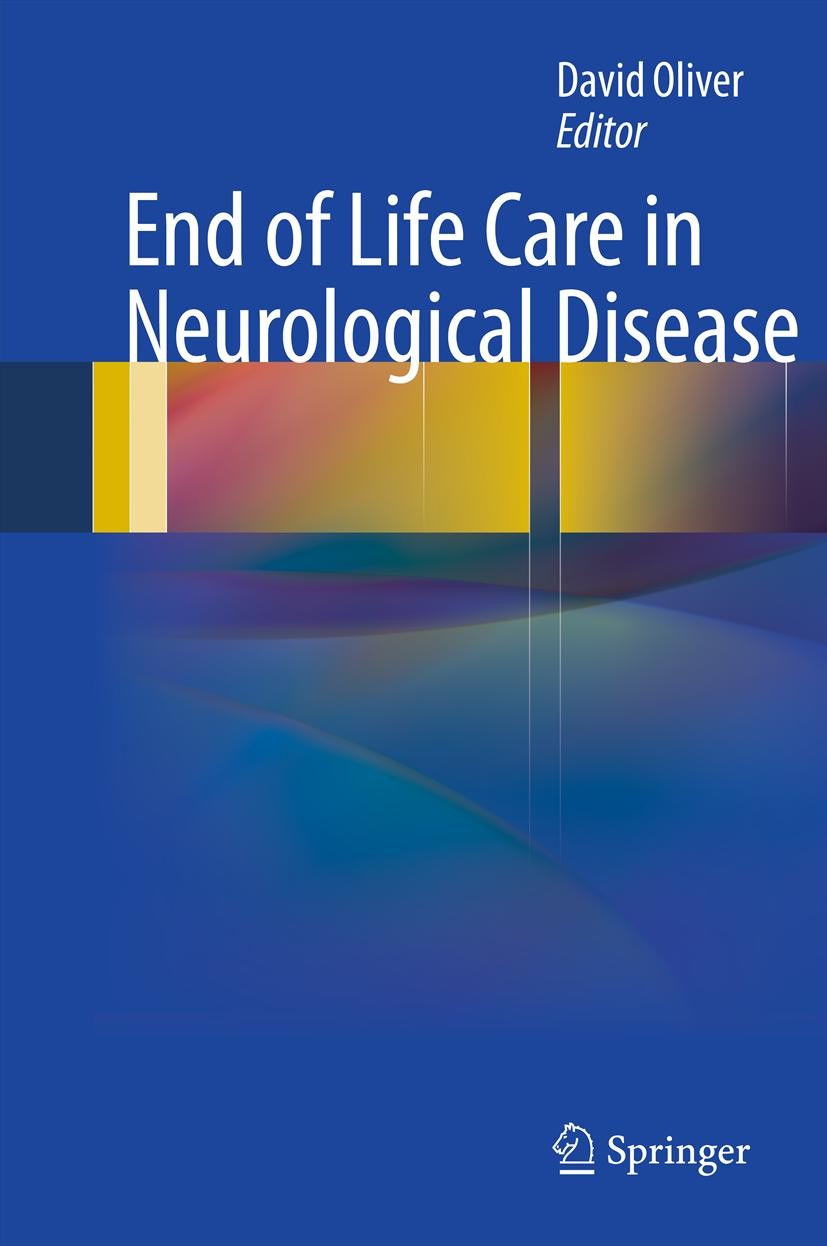
Care At The End Of Life Springerlink
Myoclonus refers to a sudden involuntary unintended jerking of a muscle or group of muscles.

. The last days of life in cancer involves managing end-of-life EOL care issues for a wide range of possible symptoms and ethical dilemmas. For example the jerk that is experienced in the very early sleep stages is a type of. JAMAevidence is a subscription-based resource from McGraw Hill and JAMA.
Although not relevant in the patient. Severe seizures or myoclonus can be life-threatening. At the end of life if the causative agent cannot be reversed refractory myoclonus can be treated with benzodiazepine medications such as Midazolam.
Involuntary movements called myoclonus changes in heart rate and loss of reflexes in the legs and arms are additional signs that the end of life is near. Treating the underlying cause helps control the symptoms of myoclonus. Myoclonus Multifocal myoclonus is associated with brain damage neurological degenerative disease and viral infections involving the central nervous system.
Myoclonus refers to sudden brief involuntary twitching or jerking of a muscle or group of muscles. Opsoclonus-myoclonus syndrome OMS is an inflammatory neurological disorder. Myoclonus can also occur as a result of a reaction to a medication or some metabolic condition.
It causes significant issues with motor skills eye movements behavior language. Myoclonus end of life. Wednesday June 1 2022Edit.
Myoclonus can be the cause of significant disability. Get detailed information about EOL. Evidence and Experience online now exclusively on JAMAevidence.
This procedure records the electrical activity of your brain and may help determine where in your brain the myoclonus originates. At one end of the scale myoclonus is quite a harmless condition experienced commonly by most people. When kidney problems occur an early sign is excess protein in the urine proteinuria.
The review of clinical and neurophysiological findings suggests that myoclonus after hypoxia manifests in one or a combination of distinct syndromes. The twitching cannot be stopped or. It describes a clinical sign and is not itself a disease.
Myoclonus is a clinical sign that is characterized by brief shock-like involuntary movements caused by muscular contractions or inhibitions 1. Kidney function worsens over time until the. Read chapter 31 of Care at the Close of Life.
Post-hypoxic myoclonus PHM refers to myoclonus occurring after hypoxic brain injury resulting from a cardiac arrest characterised by abrupt irregular. It is not in itself a disease. In its simplest form myoclonus consists of a muscle twitch followed.
The diencephalon of the human brain includes the thalamus hypothalamus epithalamus and subthalamus. Myoclonus is a brief less than half a second contraction involving agonist and antagonist muscles leading to a sudden jerk. Whether it is present at rest with muscle activation or from stimuli myoclonic jerks interfere with performing or initiating the.

Development And Implementation Of A Clinical Information System Based Protocol To Improve Nurse Satisfaction Of End Of Life Care In A Single Intensive Care Unit Australian Critical Care

End Of Life Palliative And Hospice Care Wild Iris Medical Education

Palliative And End Of Life Care In Ltc Evaluation And Treatment Of Dyspnea Death Rattle And Myoclonus

Introduction To The Cares Tool Springer Publishing

Symptom Control In Palliative Care Part Iii Dyspnea And Delirium Semantic Scholar
/overview-of-myoclonic-epilepsy-4175105_final-294e31312f174513a65079058ebb40fb.png)
Myoclonic Seizures Symptoms Causes Diagnosis Treatment

End Of Life Palliative And Hospice Care Wild Iris Medical Education

Palliative Care Litfl Ccc Clinical Governance

Opioid Use In Palliative Care Selection Initiation And Optimisation The Pharmaceutical Journal
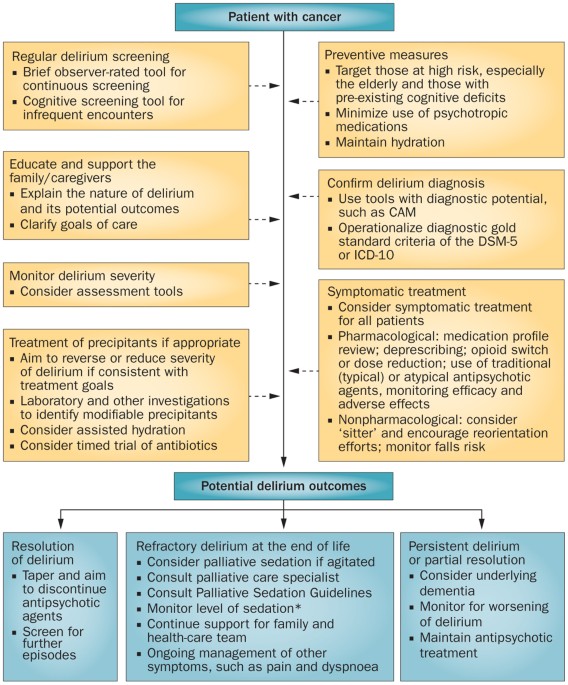
Delirium In Patients With Cancer Assessment Impact Mechanisms And Management Nature Reviews Clinical Oncology
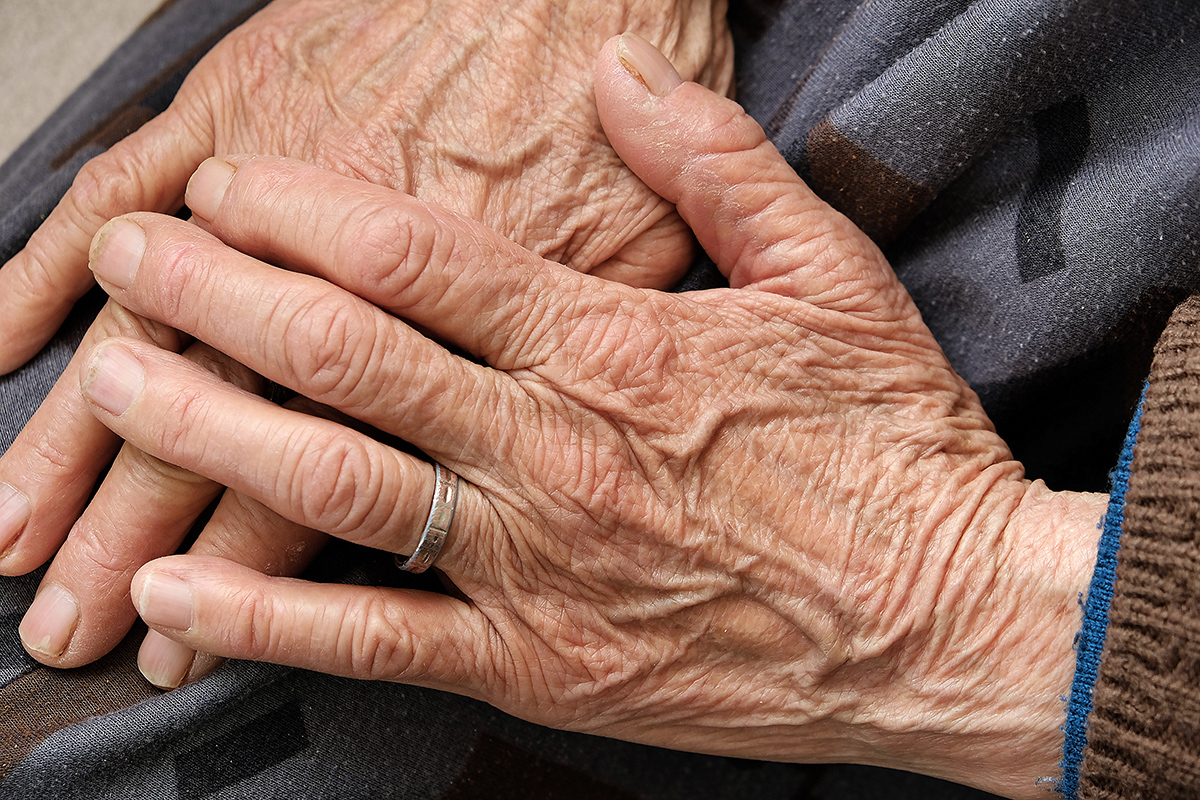
Palliative Care Considerations For Patients With Cardiovascular Disease Under Covid 19 American College Of Cardiology

Difficult Decisions In The Icu Ethics And End Of Life Baystate Crit
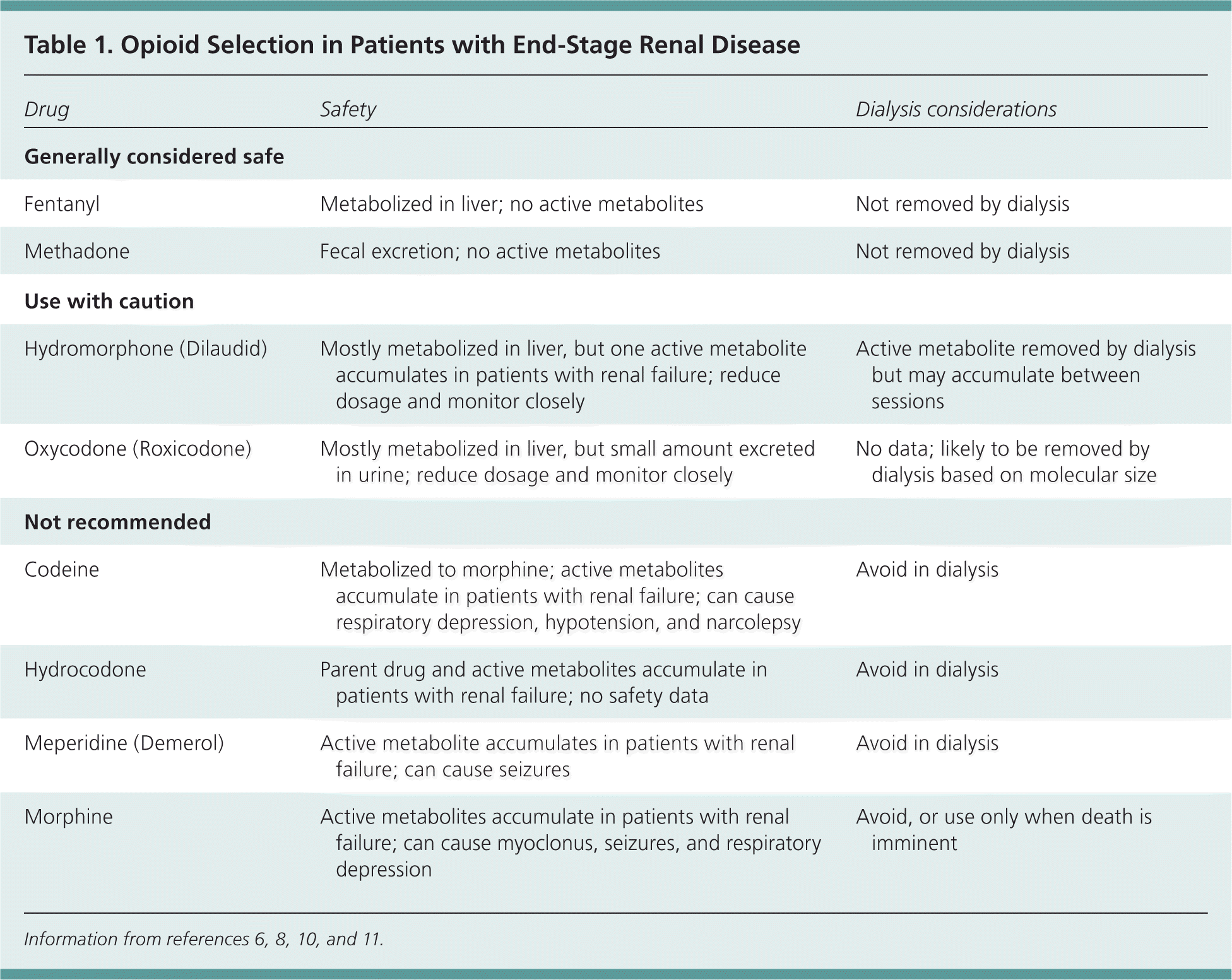
End Stage Renal Disease Symptom Management And Advance Care Planning Aafp
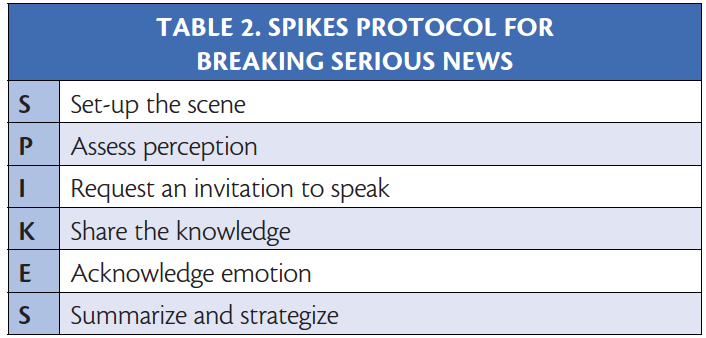
Palliative Neurology Practical Neurology

Delirium In Adult Cancer Patients Esmo Clinical Practice Guidelines Annals Of Oncology

Comfort Care For Patients Dying In The Hospital Nejm

End Of Life Signs Changes What To Expect At End Of Life

Care For The Dying Patient Common Symptoms At End Of Life Lisa Marr Md Devon Neale Md Palliative Medicine Ppt Download
